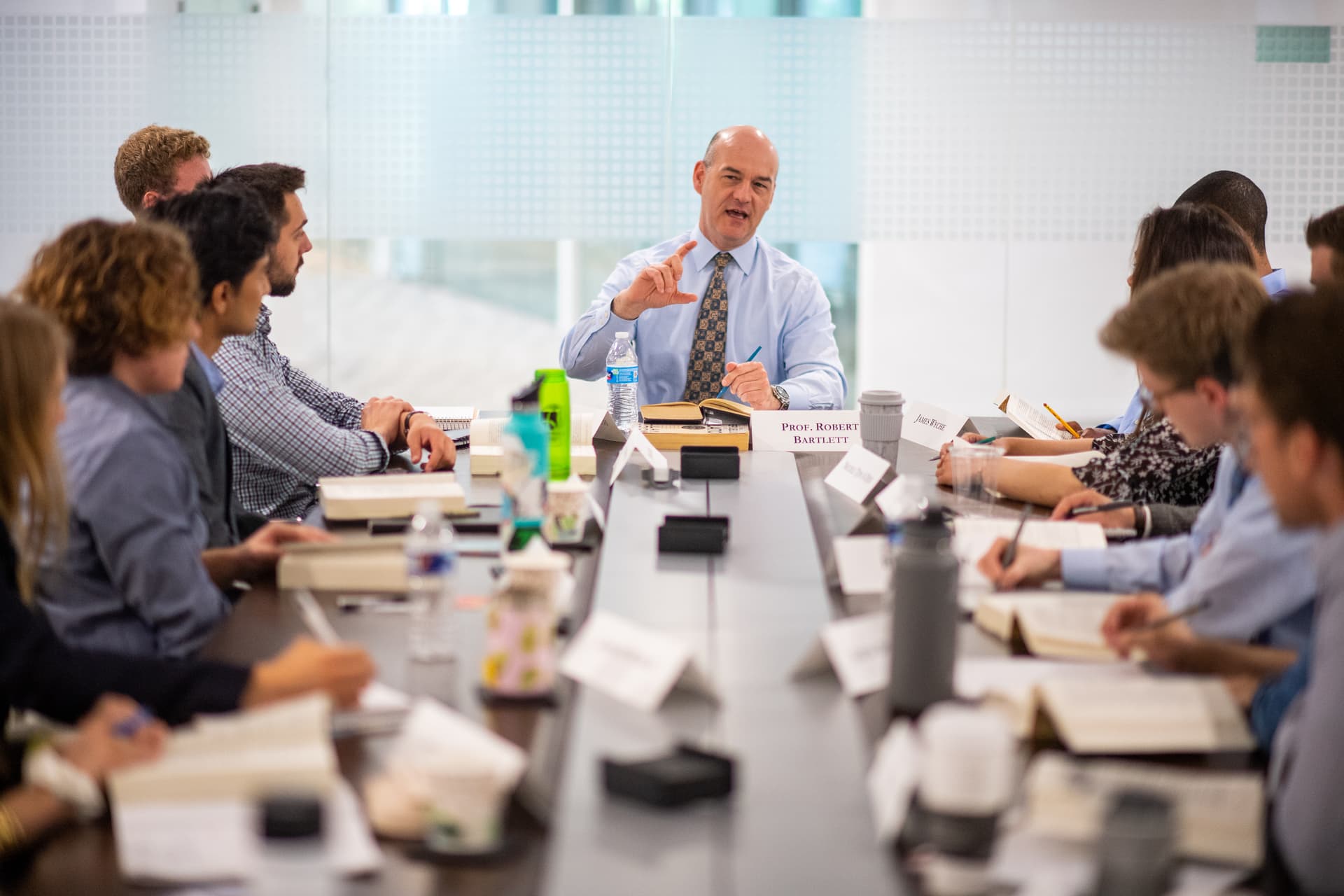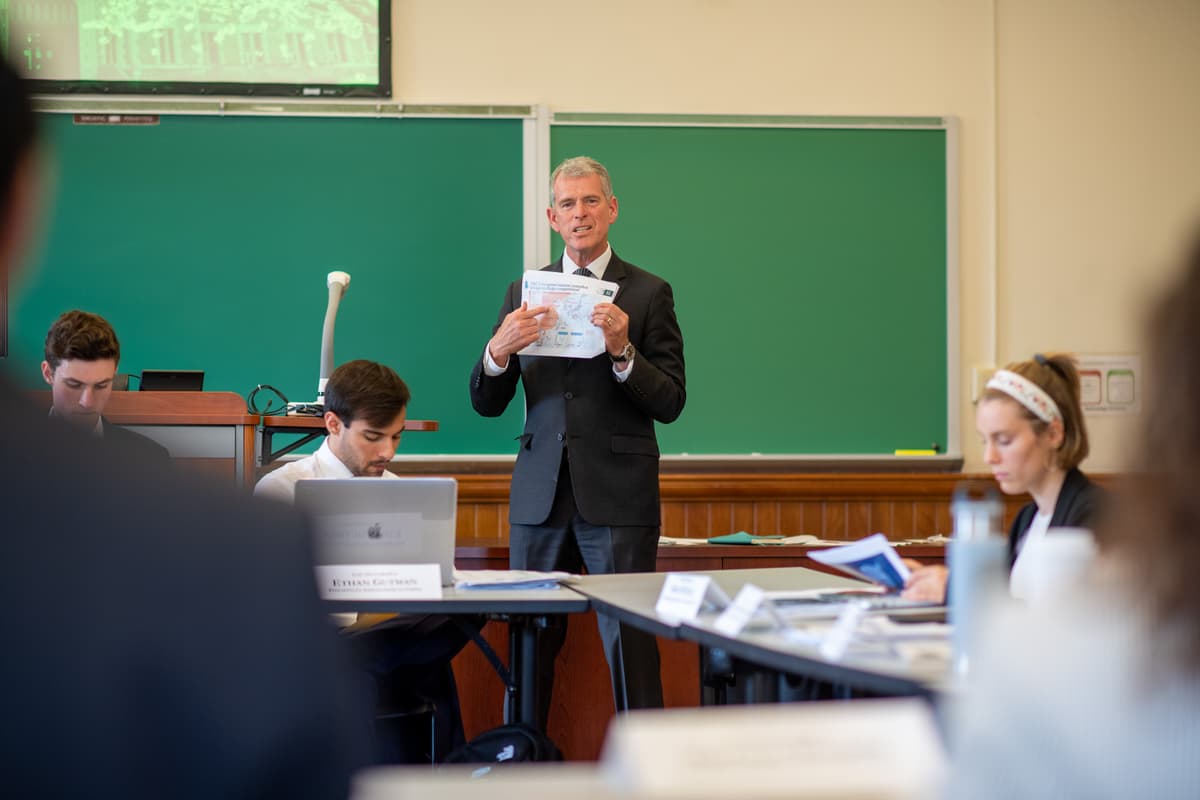Summer Fellowship
Hudson Institute Political Studies offers an intensive six-week summer fellowship in political theory and practice. In 2026, for the first time, we are proud to host two sessions of our program:
Session I: May 24 – July 5
Session II: June 28 – August 7
The program is built around four core components:
Rigorous seminars led by master teachers on topics in political theory and public policy.
A series of policy workshops led by policy analysts and experienced government officials.
A distinguished speaker series where national leaders from government, business, journalism, the military, and the academy provide unmatched insight into the true nature of public service and the country’s most pressing issues.
A series of outings and events, where students travel to places of national and historical interest in order to view politics through other lenses.
Summer Fellows participate in a six-week session, receive a $3,000 stipend, and are provided complementary housing.



